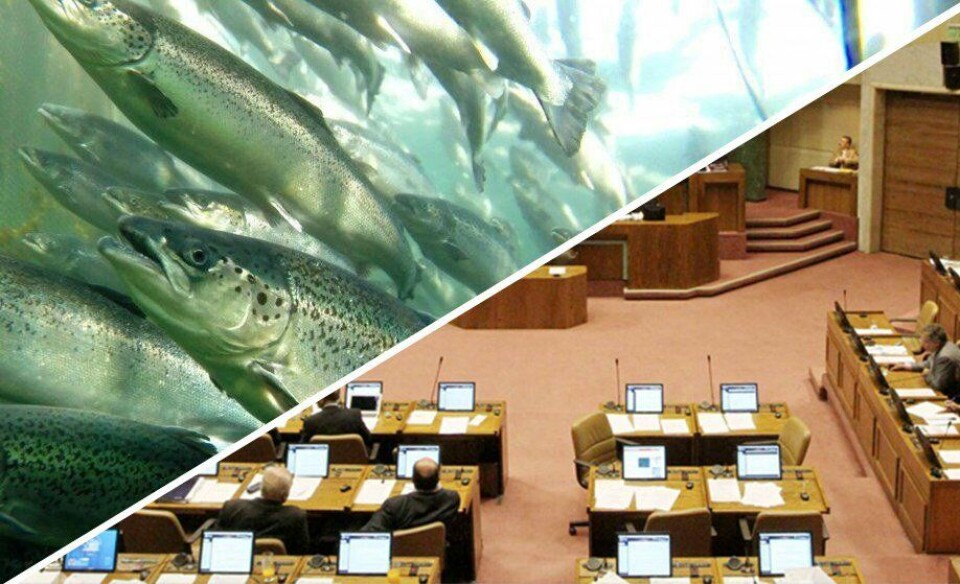
Chile: Salmon farmers 'must have plan to restore seabed'
Politicians in the world’s second-largest salmon farming country, Chile, have dropped plans to insist on the removal of sediments from beneath salmon farms, choosing instead to concentrate on the recovery of farm sites.
Members of the Fisheries and Aquaculture Commission of the Chilean parliament’s lower house, the Chamber of Deputies, unanimously approved the amended proposal, which is likely to come into force two years after it is finalised, assuming it becomes law.
Initially, the Bill indicated that salmon farmers should remove the sedimentary material from a site during the fallow period established by government aquaculture regulator Sernapesca.
Inorganic waste
But after modifications to the initiative by the Fisheries and Aquaculture Commission, the Bill proposes that salmon farmers must instead adopt measures to prevent the deposit of inorganic waste at the bottom of the farm. Once the existence of this has been verified, cleaning works will have to be carried out immediately within the term established by the regulations, without prejudice to any sanctions that may be appropriate.
Inorganic waste must be transported and disposed of with the different means and in the places authorised by current regulations.
Likewise, in order to avoid or reduce the deposit of organic waste at the bottom of its concession, salmon farmers must present Sernapesca with a recovery plan and a research program of the seabed linked to the area of the farm.
Recovery plan
The recovery plan, which is the heart of the legal initiative, will aim to establish the use of physical, chemical or biological mechanisms intended to improve the conditions of the sedimentation area, allowing the incorporation of organic matter into the environment to accelerate.
For its part, the research plan will aim to study and develop methods and technologies for the recovery of seabed, the results of which should be delivered to Sernapesca, to improve the rescue programs described above.
Farmers who fail to comply will be sanctioned with a two-year suspension of operations.
Sanction doubled
In the event that the offender has not immediately removed the inorganic waste according to the regulations, the sanction will be doubled.
This law will come into effect within two years from its publication in Chile’s Official Gazette. The indicated recovery and investigation plans must be presented to Sernapesca within six months prior to the implementation of the regulations.
In its report, the Commission sated: “The inorganic wastes existing at the date of publication of this law in the bottom of the area of the salmon farming concession, must be removed by the owner of the cultivation centre, within a maximum period of two years from the publication of the regulations.”























































